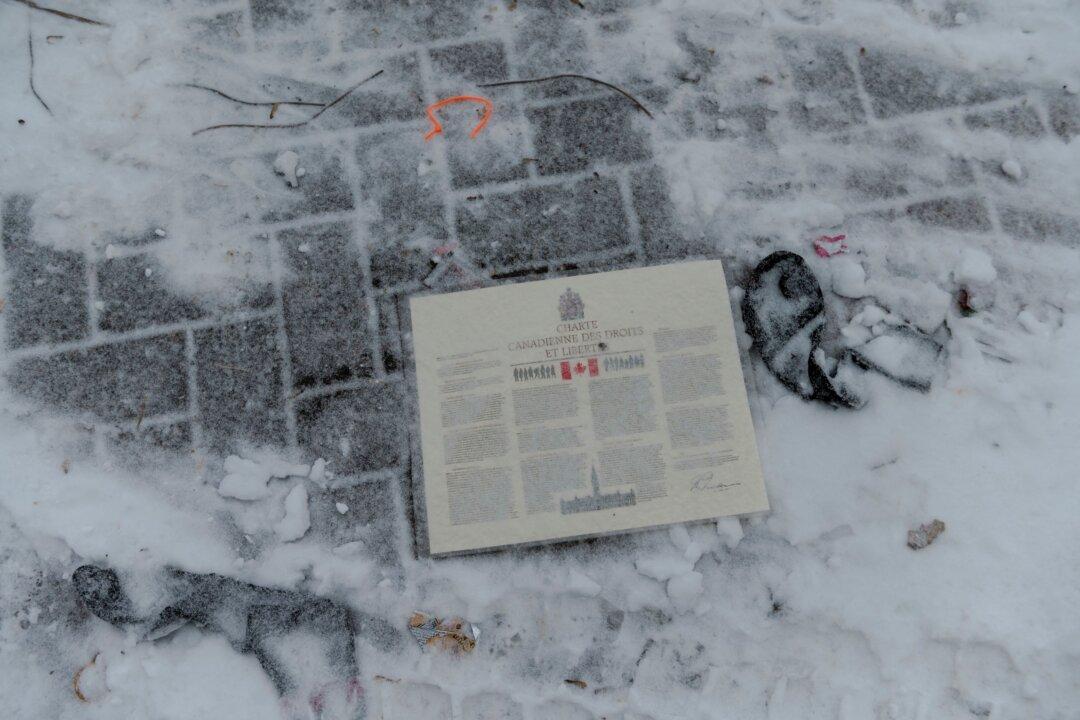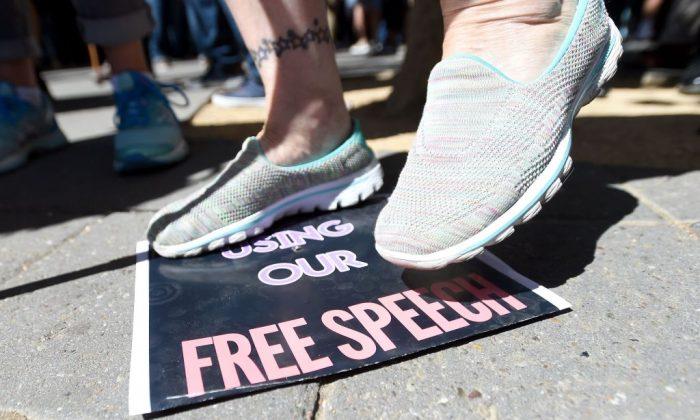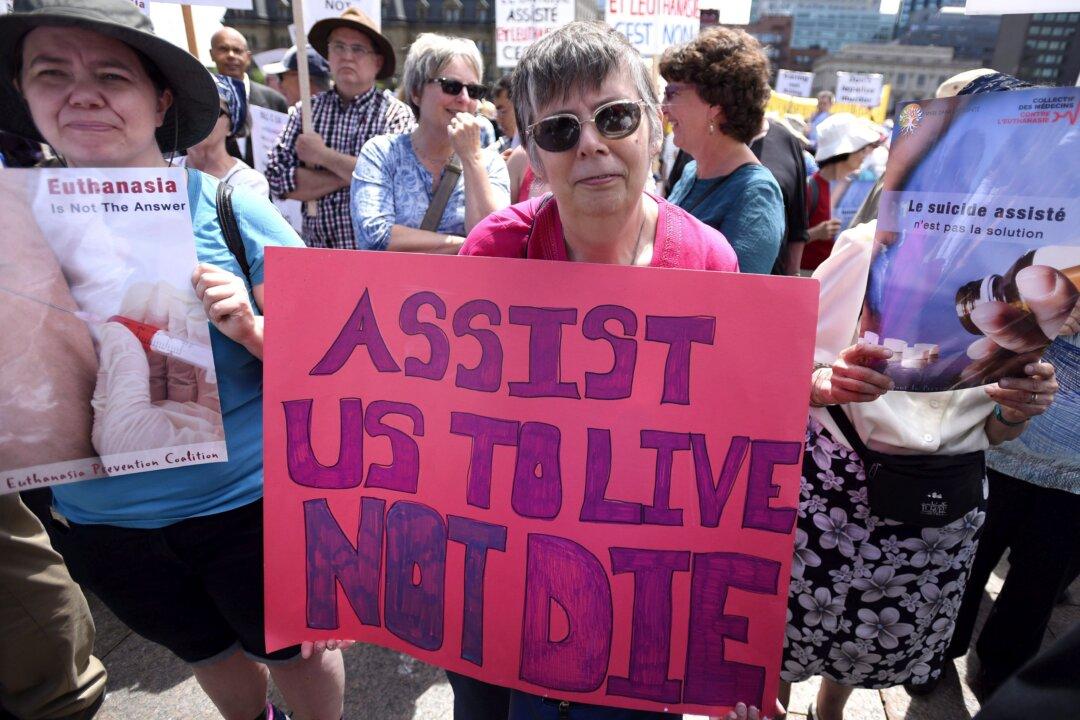Commentary
Since lockdowns were imposed in March 2020, governments across Canada have admitted in numerous court challenges that provincial and federal health orders did violate one or more of the Charter freedoms of conscience, religion, expression, peaceful assembly, association, and mobility. In like manner, governments have admitted that vaccine mandates violated the Charter right to bodily autonomy.





